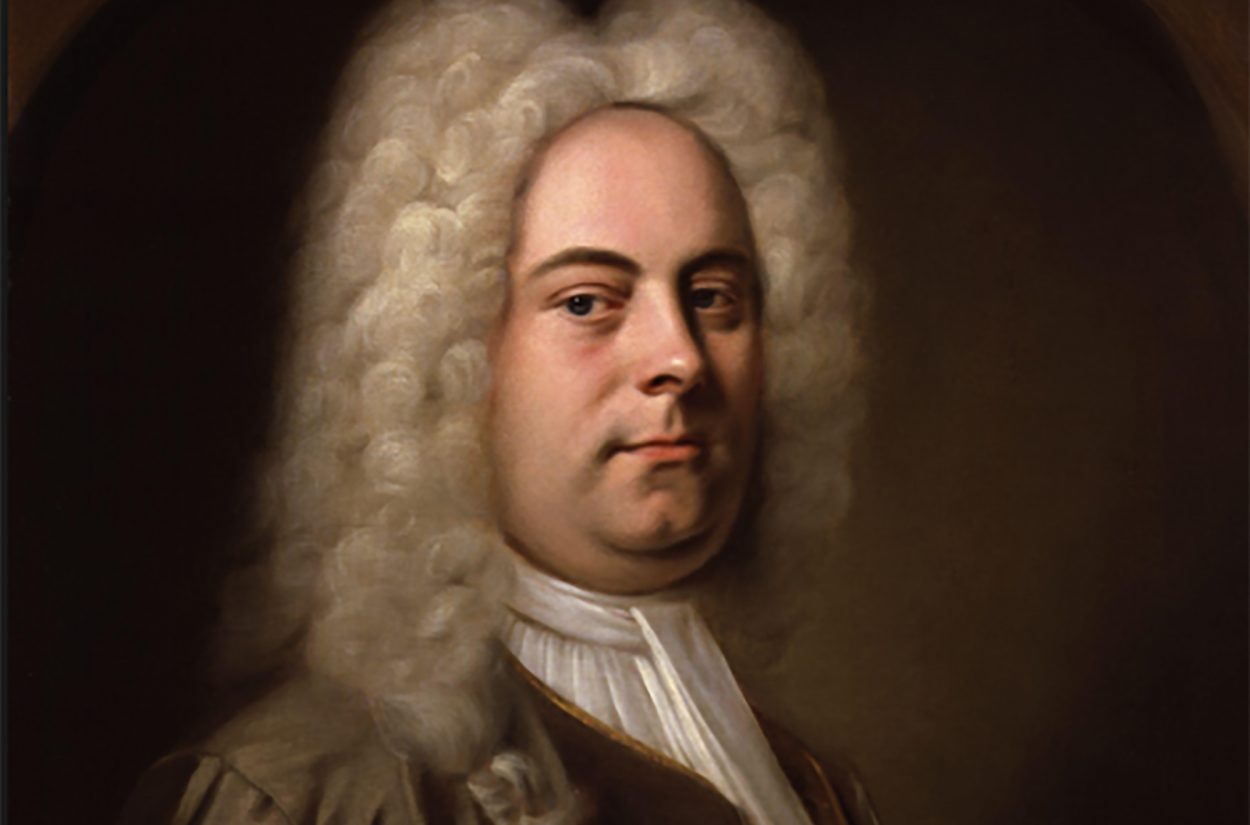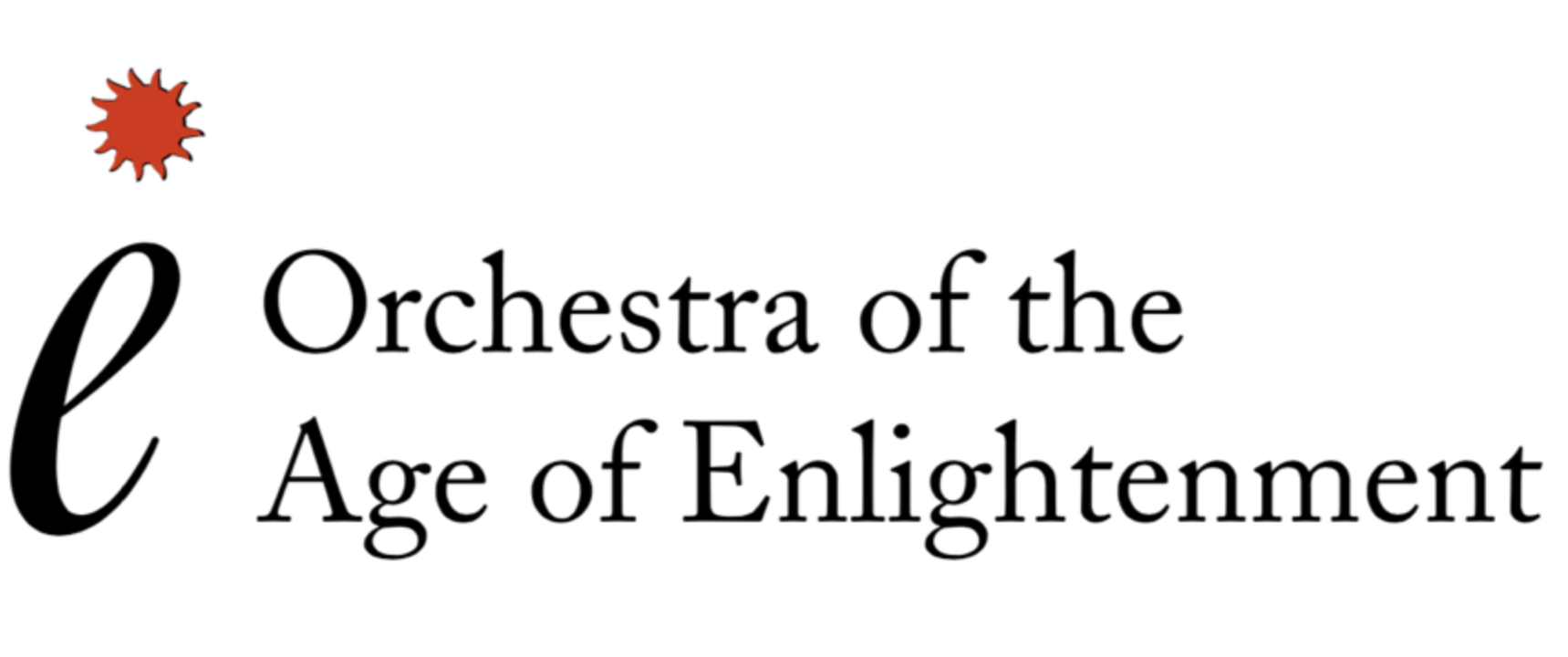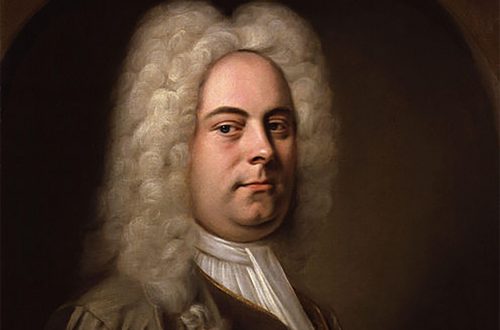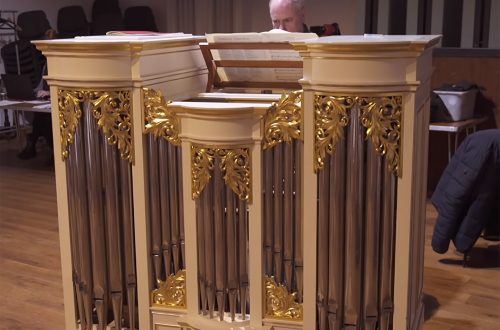10 Things You (Probably) Didn’t Know About Handel’s Messiah 9 August 2019

1) It was premiered in Dublin in 1742, and performed for the first time in London a year later at the Covent Garden Theatre.
2) The tradition of standing for the Hallelujah chorus was begun by King George II at the London premiere, and of course when the King stands so does everybody else…
3) Musicians are often on the lookout for more work. Handel’s Messiah was so popular in the 19th century that it was easy to get it programmed, and to create work for as many players as possible extra parts were written for more instruments.
4) Handel composed the piece in only twenty four days. Whilst some think it was divine inspiration, he was actually just really good at writing quickly. He composed operas of a similar length during the short times between theatrical seasons.
5) The proceeds from the Dublin premiere (about £400) went to local charities.
6) The original version of Messiah is lost, as Handel edited and re-worked the music in the years following the premiere.
7) Though German born, Handel lived in a London flat in Brook Street, near Oxford Street, from the age of forty until his death. He was there when he wrote Messiah.
8) At the end of the manuscript, Handel wrote the letters SDG, standing for Soli Deo Gloria, ‘To God alone the glory’.
9) The famous theologian John Wesley (co-founder of the Methodist church) was at the premiere of Messiah. In his Journal he wrote ‘there were some parts that were affecting, but I doubt it has staying power’.
10) Mozart wrote an arrangement of it in 1789, with the words in German.



